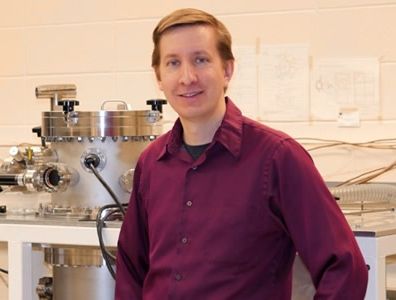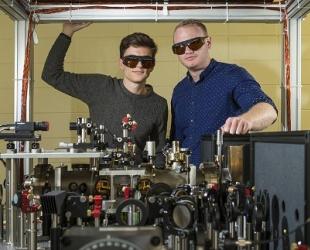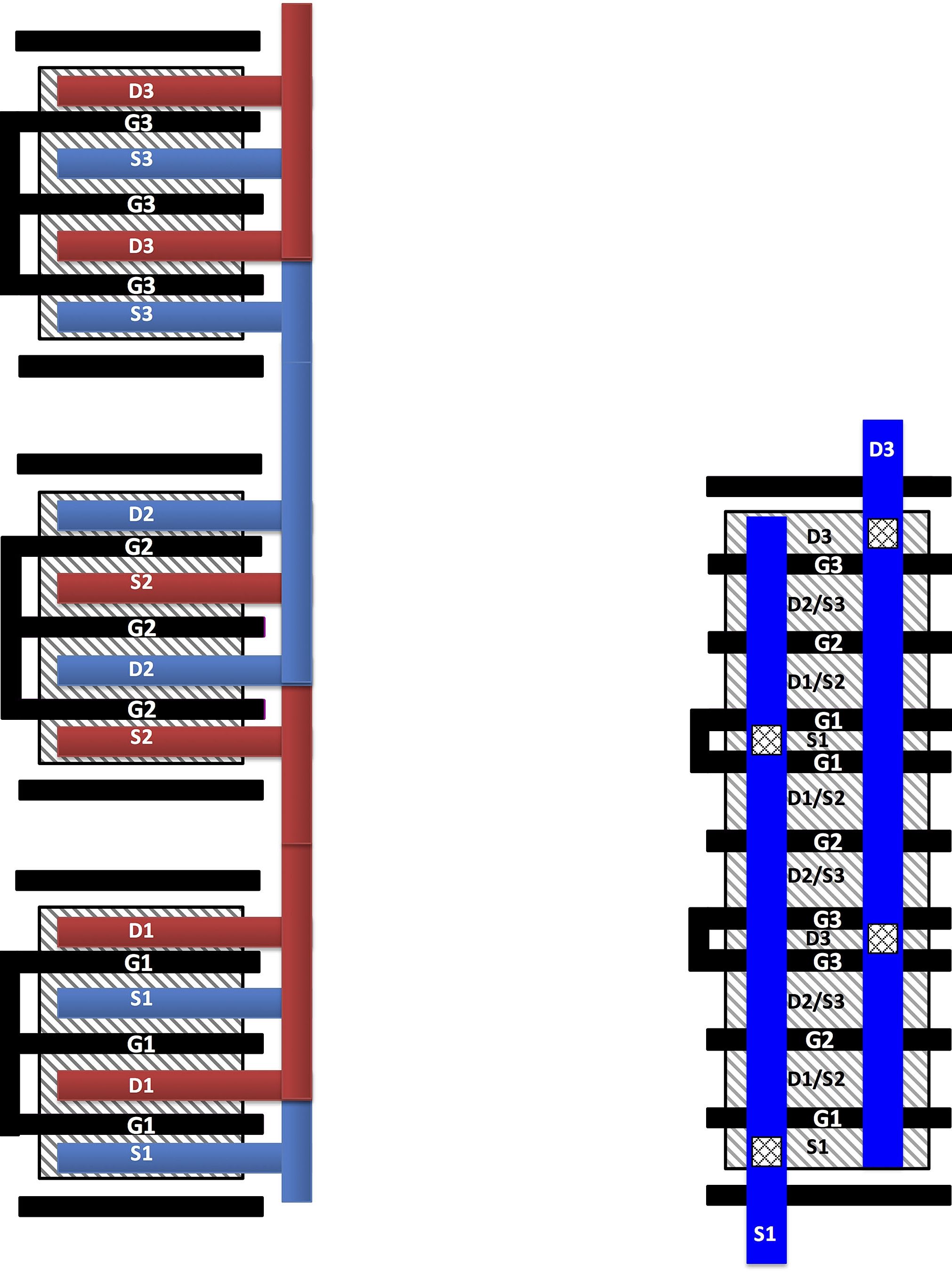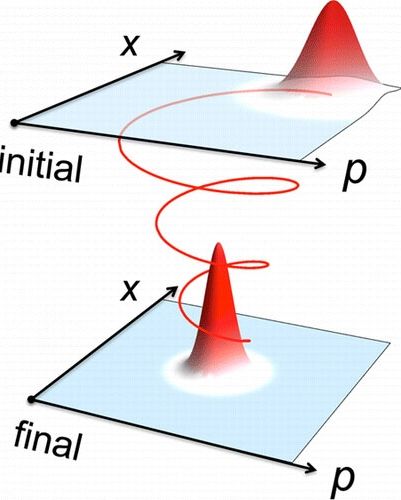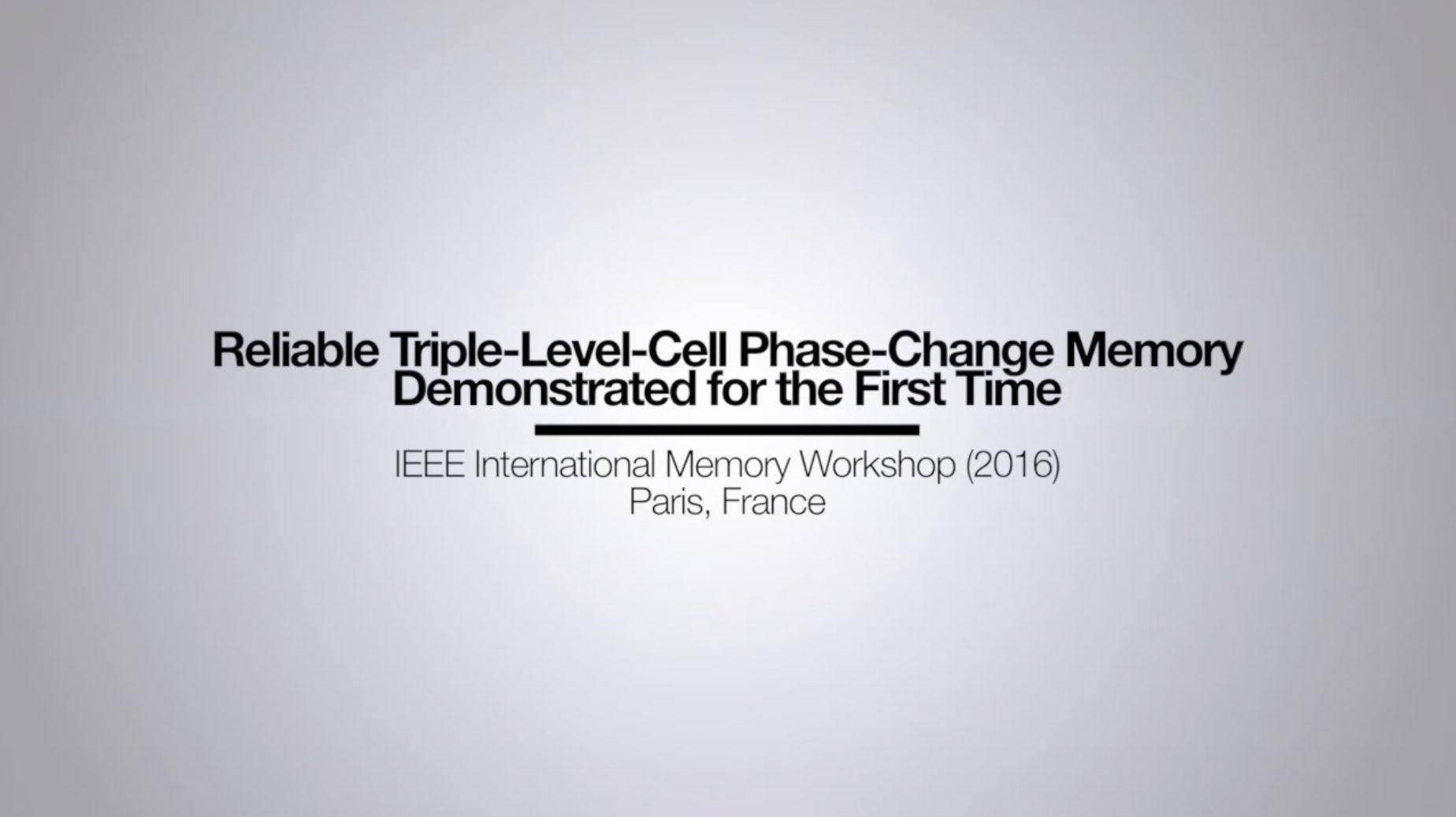May 18, 2016
A&S Physicist Awarded IBM Grant to Develop Quantum Computing
Posted by Karen Hurst in categories: computing, quantum physics
So, IBM is giving grant money to A&S to build a Quantum Computer. Hmmm; so IBM announced they had a Quantum Computer and computing services via cloud. Guessing IBM has a pseudo version of QC given this move.
A physicist in the College of Arts and Sciences has been awarded a major grant to help develop quantum computing technology.
Britton Plourde, associate professor of physics, is using a three-year, $900,000 grant from IBM to conduct research for the LogiQ Program. LogiQ is part of the Intelligence Advanced Research Projects Activity (IARPA), based in the Office of the Director of National Intelligence.
Continue reading “A&S Physicist Awarded IBM Grant to Develop Quantum Computing” »
